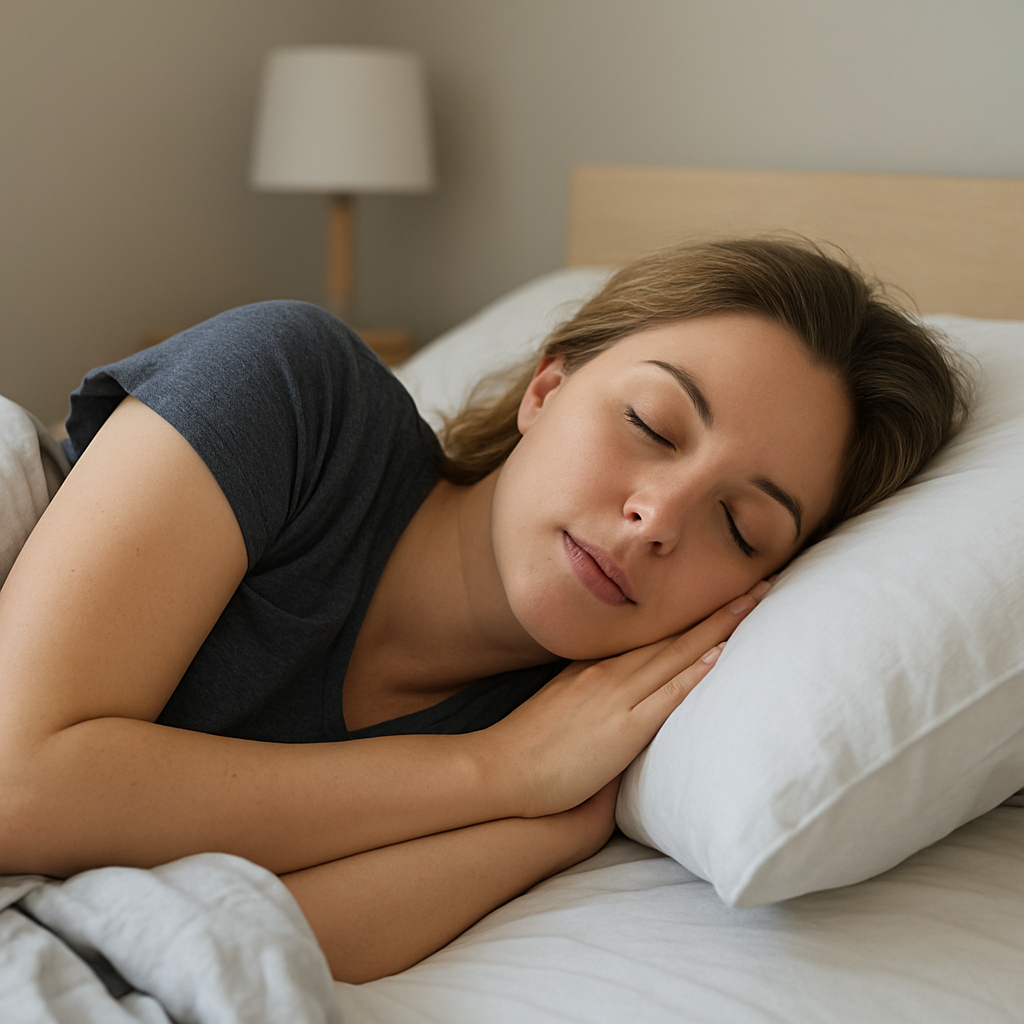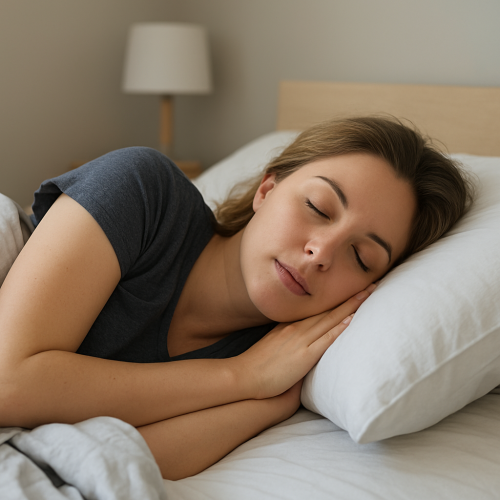Sleep is often the first thing people sacrifice when life gets busy. Yet, it is one of the most important foundations of mental health. Poor sleep affects mood, focus, and resilience, while quality rest supports emotional balance and clarity.
This article explores how sleep impacts the mind, the consequences of sleep deprivation, and practical ways to improve sleep for better mental well-being.
Why Sleep Matters for Mental Health
During sleep, the brain processes emotions, organizes memories, and restores energy. Without enough rest, it struggles to regulate mood and maintain focus.
Key mental benefits of healthy sleep include:
- Emotional regulation – Better control over reactions to stress and challenges.
- Memory consolidation – Improved learning and problem-solving.
- Mood stability – Reduced risk of anxiety and depression.
- Creativity – Rested brains are more open to new ideas.
The Consequences of Sleep Deprivation
Lack of sleep goes beyond feeling tired—it directly harms mental well-being. Common effects include:
- Irritability and mood swings
- Difficulty concentrating
- Increased stress levels
- Higher risk of burnout
- Weakened decision-making skills
Long-term sleep deprivation is also linked to anxiety disorders, depression, and emotional instability.
The Sleep-Stress Cycle
Stress and poor sleep often create a cycle: stress makes it harder to fall asleep, and lack of rest makes stress harder to handle. Breaking this cycle requires building a bedtime routine that promotes calmness and relaxation.
How Much Sleep Do You Need?
Experts recommend 7–9 hours of sleep per night for adults. However, quality matters as much as quantity. Deep and uninterrupted sleep is essential for mental recovery.
Tips for Better Sleep and Mental Health
1. Create a Consistent Sleep Schedule
Go to bed and wake up at the same time every day—even on weekends. This trains your body’s internal clock.
2. Build a Relaxing Bedtime Routine
Wind down with calming activities like reading, journaling, or gentle stretching. Avoid stimulating tasks right before bed.
3. Limit Screen Time
The blue light from phones and computers disrupts melatonin, the sleep hormone. Try disconnecting an hour before bedtime.
4. Optimize Your Environment
Keep your bedroom dark, cool, and quiet. A comfortable mattress and pillow also make a big difference.
5. Watch Caffeine and Alcohol
Both can interfere with deep sleep. Limit caffeine in the afternoon and avoid heavy alcohol use before bed.
6. Try Mindfulness or Breathing
Simple meditation or breathing exercises help relax the body and quiet the mind.
The Link Between Sleep and Resilience
People who sleep well are better equipped to handle daily challenges. Rest improves patience, problem-solving, and the ability to cope with stress. In contrast, lack of sleep makes even small obstacles feel overwhelming.
Naps and Mental Clarity
Short naps of 15–30 minutes during the day can boost alertness and mood without interfering with nighttime sleep. Napping is especially helpful when you face long work hours or intense study sessions.
When to Seek Help
If you consistently struggle with sleep despite healthy habits, it may be time to seek professional advice. Chronic insomnia, sleep apnea, or other disorders can significantly affect mental health and should not be ignored.
Final Thought: Sleep as Self-Care
Good sleep is not a luxury—it is an essential form of self-care. By protecting your rest, you protect your mental well-being, creativity, and resilience.
Instead of seeing sleep as “lost time,” view it as an investment. Each night of quality rest is a step toward better mental clarity, balance, and happiness.







